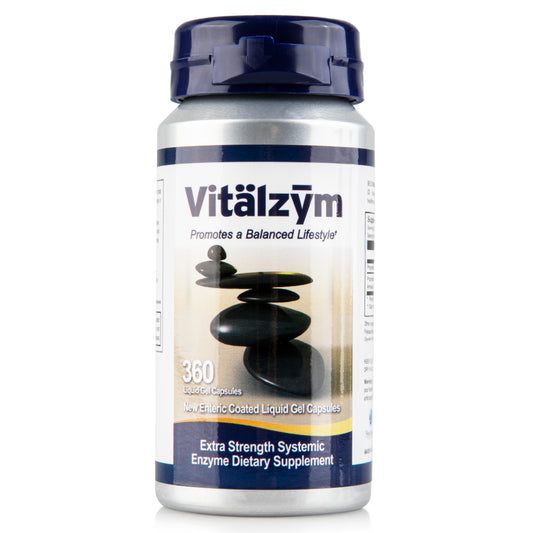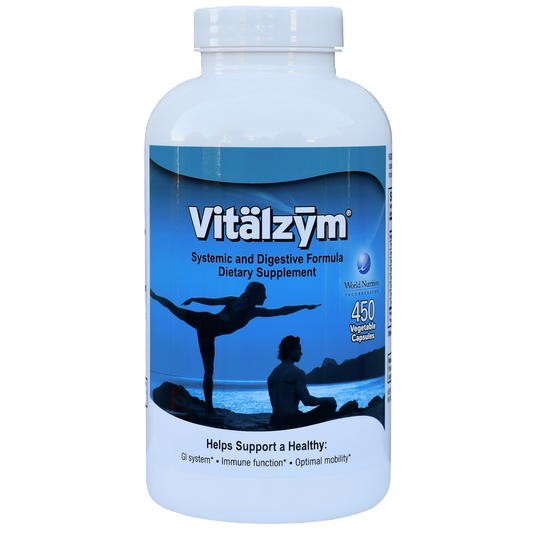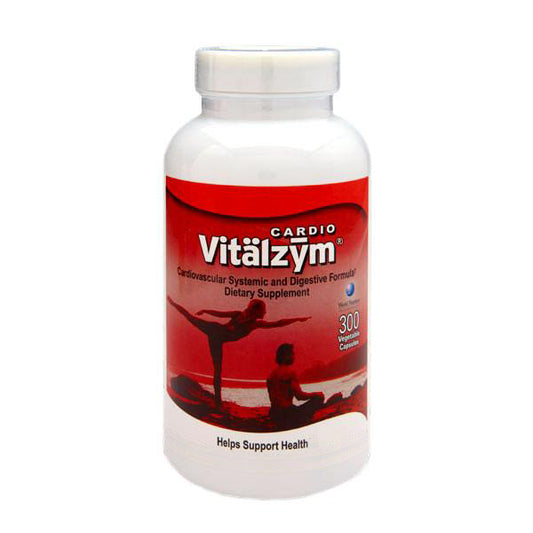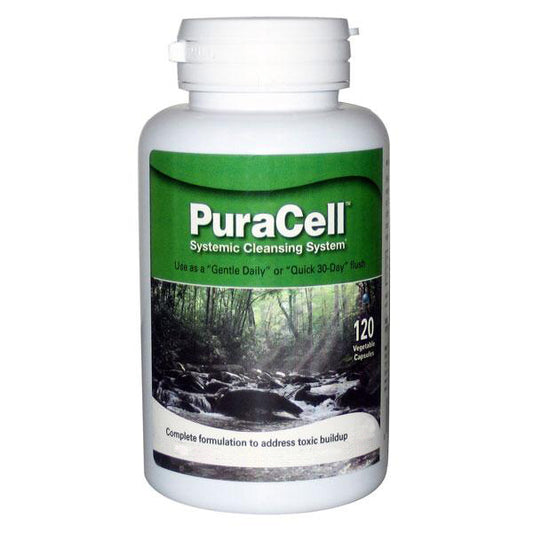In the world of dietary supplements, the debate between gel capsules and tablets has been ongoing. As health-conscious individuals, we strive to find the most effective and convenient ways to support our well-being. In this captivating article, we dive deep into the advantages and disadvantages of gel capsules and tablets, equipping you with the knowledge to choose the best option for your personal needs.
What Are Gel Capsules?
Gel capsules are a popular form of dietary supplements that consist of a gelatin or vegetarian-based outer shell filled with liquid or powdered ingredients. These capsules are designed to be easily swallowed and digested, allowing for efficient absorption of the supplement's contents. Gel capsules offer several advantages, such as masking the taste and odor of the supplement, providing a convenient and portable option, and potentially offering faster absorption rates compared to other forms. With their versatility and ease of use, gel capsules have become a preferred choice for health-conscious individuals seeking a convenient and effective way to incorporate dietary supplements into their wellness routine.
What Are Tablets?
Tablets are a common form of dietary supplement that are compressed into solid, flat shapes. They are typically made by combining the active ingredients with binders, fillers, and other excipients to form a cohesive tablet. Tablets offer several advantages, including ease of handling, accurate dosing, and longer shelf life compared to other forms. They are also convenient to carry and consume, making them a popular choice for individuals seeking a portable and hassle-free way to incorporate dietary supplements into their daily routine. Tablets come in various sizes, shapes, and colors, catering to different preferences and needs. Whether you're looking for vitamins, minerals, or other nutritional supplements, tablets provide a reliable and widely available option for health-conscious consumers.
What's The Difference Between Gel Capsules vs Tablets?
Differences Between Gel Capsules and Tablets
- Composition: Gel capsules are typically made of a gelatin- or vegetarian-based outer shell filled with liquid or powdered ingredients, while tablets are compressed solid forms made by combining active ingredients with binders and fillers.
- Absorption: Gel capsules are known for their potential faster absorption rates, as the contents are already in a liquid or powdered form, allowing for quicker dissolution and absorption in the body. Tablets, on the other hand, may take longer to dissolve and be absorbed due to their solid form.
- Convenience: Gel capsules are generally easier to swallow due to their smooth, slippery outer shell. They also offer the advantage of masking the taste and odor of the supplement. Tablets, however, are more compact and portable, making them convenient for on-the-go consumption.
- Customization: Gel capsules can be customized in terms of size, color, and transparency, allowing for branding and aesthetic preferences. Tablets also offer customization options, such as shape, size, and coating, catering to different consumer preferences.
- Shelf Life: Gel capsules are more susceptible to moisture and may have a shorter shelf life compared to tablets. Tablets, due to their solid form, tend to have a longer shelf life and are less prone to degradation.
- Availability: Both gel capsules and tablets are widely available in the market, with a variety of dietary supplements offered in both forms. However, certain supplements may be more commonly found in one form than another.
Understanding the differences between gel capsules and tablets can help individuals make an informed decision based on their personal preferences, convenience, and desired outcomes when choosing the most suitable form of dietary supplement.

Are Hard-Shelled Capsules The Same As Softgels?
No, hard-shelled capsules are not the same as softgels. While both are types of capsules, they differ in their composition and characteristics. Hard-shelled capsules, also known as gel capsules, have a rigid outer shell made of gelatin or a vegetarian alternative and are typically filled with powdered or granulated ingredients. Softgels, on the other hand, have a flexible, gelatin-based outer shell that is filled with a liquid or oil-based formulation. Softgels often offer advantages such as enhanced bioavailability, easier swallowing, and better protection of sensitive ingredients. The choice between hard-shelled capsules and softgels depends on the specific requirements of the supplement and the desired delivery method for the consumer.
What's Easier To Swallow Tablets or Capsules?
When it comes to ease of swallowing, capsules are generally considered easier to swallow compared to tablets. Capsules have a smooth, gelatin or vegetarian-based outer shell that glides easily down the throat, making them easier to swallow, especially for individuals who may have difficulty swallowing larger or dry tablets. Additionally, capsules can be filled with powdered or liquid ingredients, which further aids in their ease of swallowing. However, it's important to note that individual preferences may vary, and some people may find tablets easier to swallow depending on their size, shape, and coating.
What Are The Pros and Cons Between Gel Capsules vs Tablets?
Gel Capsules
- Pros:
- Easy to swallow: Gel capsules have a smooth outer shell, making them easier to swallow, especially for individuals who may have difficulty swallowing larger or dry tablets.
- Masking taste and odor: The outer shell of gel capsules helps mask the taste and odor of the supplement, making them more palatable for those sensitive to certain flavors or smells.
- Potential faster absorption: Gel capsules, especially those filled with liquid or powdered ingredients, may offer faster absorption rates due to their quick dissolution in the body.
- Customization options: Gel capsules can be customized in terms of size, color, and transparency, allowing for branding and aesthetic preferences.
- Cons:
- Moisture sensitivity: Gel capsules are more susceptible to moisture, which can affect their stability and shelf life.
- Limited compatibility: Certain ingredients may not be suitable for encapsulation in gel capsules due to their chemical properties or interactions with the gelatin or vegetarian-based shell.
Tablets
- Pros:
- Accurate dosing: Tablets are pre-measured and provide accurate dosing, ensuring consistent intake of the supplement.
- Longer shelf life: Tablets, being solid and less susceptible to moisture, generally have a longer shelf life compared to gel capsules.
- Portable and convenient: Tablets are compact and easy to carry, making them convenient for on-the-go consumption.
- Cons:
- Potential difficulty swallowing: Tablets, especially larger or dry ones, may be more challenging to swallow for some individuals.
- Slower dissolution and absorption: Tablets may take longer to dissolve and be absorbed in the body compared to gel capsules, potentially delaying the onset of the supplement's effects.
- Limited customization options: While tablets can be customized in terms of shape, size, and coating, they may have fewer customization options compared to gel capsules.
Understanding the pros and cons of gel capsules and tablets can help individuals make an informed decision based on their specific needs, preferences, and desired outcomes when selecting the most suitable form of dietary supplement.
Do Tablets Typically Carry More Dosage Than Gel Capsules?
The dosage of a supplement can vary regardless of whether it is in tablet or gel capsule form. The dosage of a supplement is determined by the specific medications, formulation, and intended use, rather than the form it comes in. Both tablets and gel capsules can be manufactured to contain varying dosages of active ingredients, depending on the desired potency and recommended serving size. Therefore, it is important to refer to the product label or consult with a healthcare professional to determine the appropriate dosage, regardless of whether it is in tablet or gel capsule form.
Are Tablets The Same as Pill Form?
Yes, tablets are essentially the same as pill form. The term "pill" is often used as a general term to refer to any solid oral dosage form, including tablets. Tablets are compressed solid forms made by combining active ingredients with binders and fillers, and they are designed to be swallowed whole. The term "pill" is commonly used in everyday language to describe any medication or dietary supplement that is taken orally in a solid form. Therefore, tablets can be considered a type of pill, along with other solid oral dosage forms such as capsules and caplets.
Which Medication Enters The Bloodstream Quicker Between Tablets and Gel Capsules?
The rate at which medication enters the bloodstream can vary depending on various factors, including the specific formulation and the individual's physiological response. In general, gel capsules may have the potential to enter the bloodstream quicker compared to tablets. Gel capsules, especially those filled with liquid or powdered ingredients, can dissolve rapidly in the stomach, allowing for faster drug release and absorption. Tablets, on the other hand, may take longer to dissolve and be absorbed due to their solid form. However, it's important to note that factors such as the drug's properties, formulation design, and individual variations can also influence drug delivery and absorption rates. It is always advisable to follow the instructions provided by healthcare professionals or the medication label for proper administration and timing.
Gel Capsules vs Tablets Which Is Better?
When comparing gel capsules and tablets, it is important to consider various factors to determine which form is better for your specific needs. Here are some key considerations:
- Convenience and Ease of Ingestion: Gel capsules are generally easier to swallow due to their smooth outer shell, making them a preferred choice for individuals who may have difficulty swallowing larger or dry tablets.
- Customization and Aesthetics: Gel capsules offer more customization options in terms of size, color, and transparency, allowing for branding and aesthetic preferences.
- Potential Faster Absorption: Gel capsules, especially those filled with liquid or powdered ingredients, may offer faster absorption rates due to their quick dissolution in the digestive tract.
- Splitting and Dosing Flexibility: Tablets can often be split or divided into smaller doses, allowing for more flexibility in dosing. Gel capsules, on the other hand, are typically not designed to be split, as it may compromise their integrity and affect the accurate dosage.
- Shelf Life and Stability: Tablets, being solid and less susceptible to moisture, generally have a longer shelf life compared to gel capsules, which may be more sensitive to moisture and degradation.
- Medication Formulation and Compatibility: The choice between gel capsules and tablets may depend on the specific medication formulation. Some medications may be more suitable in gel capsule form, especially if they are sensitive to degradation in the digestive tract. Tablets may be preferred for medications that require a slower release or have specific coating requirements.
Ultimately, the decision between gel capsules and tablets depends on factors such as ease of ingestion, customization options, absorption rates, dosing flexibility, shelf life, and medication formulation. It is recommended to consult with a healthcare professional to determine the most suitable form for your specific medication and individual needs.
Conclusion
In conclusion, when it comes to choosing between gel capsules and tablets, there is no definitive answer as to which form is better. Both gel capsules and tablets have their own advantages and considerations. Gel capsules offer ease of ingestion, potential faster absorption, and customization options, while tablets provide dosing flexibility, longer shelf life, and the ability to split for smaller doses. The choice ultimately depends on individual preferences, medication formulation, and specific needs. It is important to consult with healthcare professionals and consider factors such as ease of swallowing, medication requirements, and personal preferences to make an informed decision. By understanding the differences and considering these factors, individuals can select the most suitable form of dietary supplement or medication to optimize their health and wellness journey.
Final Thoughts
Elevate your vitality with Vitalzym Extra Strength, a cutting-edge enzyme supplement by World Nutrition. Crafted with the power of papain from papaya, this formula enhances enzyme levels, strengthens the immune system, and enhances circulation. Experience the transformative effects of Vitalzym, enriched with potent ingredients like serrapeptase and bromelain, and unlock a healthier, more vibrant version of yourself. Try it today and feel the remarkable difference!*
Sources
- https://www.linkedin.com/pulse/how-do-you-figure-out-right-supplement-dosage-igor-klibanov
- https://www.smithsonianmag.com/history/why-the-oral-contraceptive-is-just-known-as-the-pill-4337831/
- https://www.youtube.com/watch?v=mH81Q9Dtodc&themeRefresh=1
- https://www.adorama.com/alc/tablet-size/
- https://www.gelita.com/en/Hard-Capsules
These statements have not been evaluated by the food and drug administration (FDA). These products are not intended to diagnose, treat, cure, or prevent any disease.







